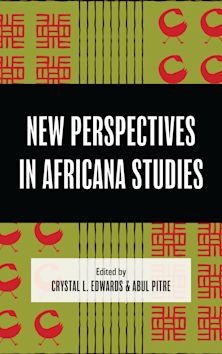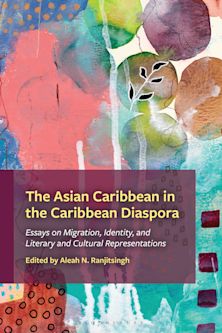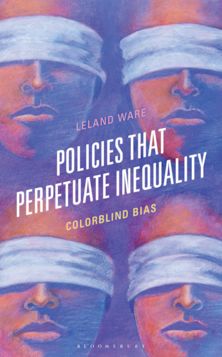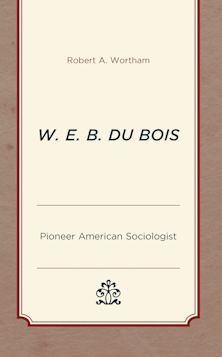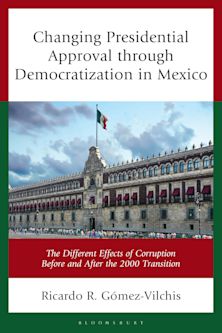Afrofuturism 2.0
The Rise of Astro-Blackness
Reynaldo Anderson (Anthology Editor) , Charles E. Jones (Anthology Editor) , Tiffany E. Barber (Contributor) , Nettrice Gaskins (Contributor) , Ricardo Guthrie (Contributor) , Grace Gipson (Contributor) ,
- Textbook
Afrofuturism 2.0
The Rise of Astro-Blackness
Reynaldo Anderson (Anthology Editor) , Charles E. Jones (Anthology Editor) , Tiffany E. Barber (Contributor) , Nettrice Gaskins (Contributor) , Ricardo Guthrie (Contributor) , Grace Gipson (Contributor) ,
- Textbook
This product is usually dispatched within 1 week
- Delivery and returns info
-
Free US delivery on orders $35 or over
Description
The ideas and practices related to afrofuturism have existed for most of the 20th century, especially in the north American African diaspora community. After Mark Dery coined the word "afrofuturism" in 1993, Alondra Nelson as a member of an online forum, along with other participants, began to explore the initial terrain and intellectual underpinnings of the concept noting that “AfroFuturism has emerged as a term of convenience to describe analysis, criticism and cultural production that addresses the intersections between race and technology.” Afrofuturism 2.0: The Rise of Astroblackness represents a transition from previous ideas related to afrofuturism that were formed in the late 20th century around issues of the digital divide, music and literature. Afrofuturism 2.0 expands and broadens the discussion around the concept to include religion, architecture, communications, visual art, philosophy and reflects its current growth as an emerging global Pan African creative phenomenon.
Table of Contents
Reynaldo Anderson and Charles E. Jones
Part I: Quantum Visions of Futuristic Blackness
Chapter One: Reading Wangechi Mutu’s Non je ne regrette rien through Kindred
Tiffany Barber
Chapter Two: Afrofuturism on Web 3.0: Vernacular Cartography and Augmented Space
Nettrice Gaskins
Chapter Three: The Real Ghost in the Machine: Afrofuturism and the haunting of racial space in I Robot and DETROPIA
Ricardo Guthrie
Part II: Planetary Vibes, Digital Ciphers, and Hip Hop Sonic Remix
Chapter Four: The Armageddon Effect — and Other Afrofuturist Chronopolitics of Alien Nation
tobias C. van Veen
Chapter Five: Afrofuturism’s Musical Princess Janelle Monáe: Psychadelic Soul Message Music Infused with a Sci-Fi Twist
Grace D. Gipson
Chapter Six: Hip Hop Holograms: Tupac Shakur, Technological Immortality and Time Travel
Ken McCleod
Part III: Forecasting Dark Bodies, Africology, and the Narrative Imagination
Chapter Seven: Afrofuturism and Religion: Our Old Ship of Zion
Andrew Rollins
Chapter Eight: Playing a Minority Forecaster in Search of Afrofuturism: Where Am I in this Future, Stewart Brand?
Lonny Avi Brooks
Chapter Nine: Rewriting the Narrative: Communicology and the Speculative Discourse of Afrofuturism
David DeIuliis and Jeff Lohr
Chapter Ten: Africana Women’s Science Fiction and Narrative Medicine: Difference, Ethics and Empathy
Esther Jones
Chapter Eleven: “To be African is to Merge Technology and Magic”: An Interview with Nnedi Okorafor
Quianna Whitted
About the Contributors
Product details
| Published | Dec 16 2015 |
|---|---|
| Format | Hardback |
| Edition | 1st |
| Extent | 240 |
| ISBN | 9781498510509 |
| Imprint | Lexington Books |
| Illustrations | 1 b/w photo |
| Dimensions | 9 x 6 inches |
| Publisher | Bloomsbury Publishing |
Reviews

ONLINE RESOURCES
Bloomsbury Collections
This book is available on Bloomsbury Collections where your library has access.












